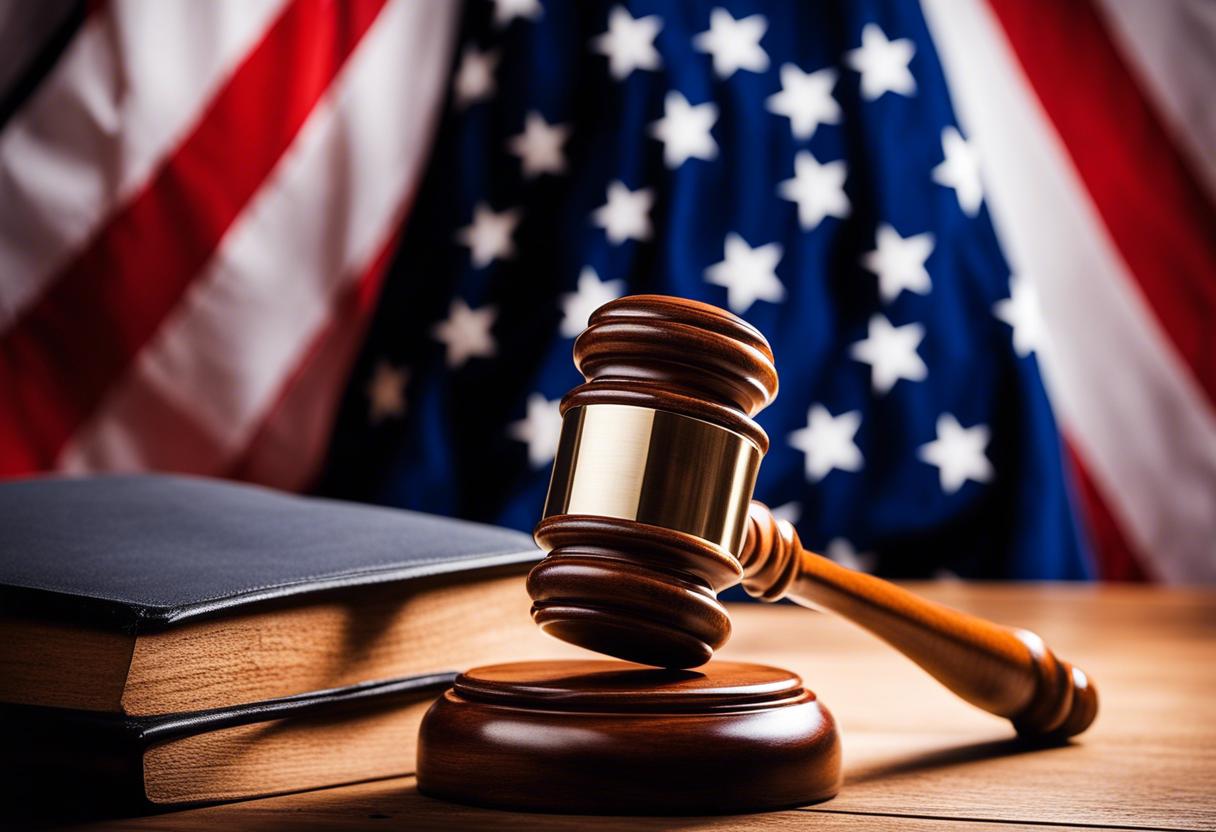On Monday, U.S. attorneys initiated a portrayal of British tech mogul, Mike Lynch, as an overbearing and threatening executive who acted as the ringleader in a grand fraud scheme. The trial began in San Francisco and it addresses an event that had captivated the tech world in Silicon Valley over 10 years ago.
Mike Lynch, former CEO of the British software firm, Autonomy, has been accused of executing an incredibly complex, long-standing fraud. Adam Reeves, the prosecuting attorney, alleged that Lynch’s scam included grossly inflating the revenue figures of his company by tens of millions of dollars, causing Hewlett-Packard (HP) to greatly overspend in an acquisition amounting to £8.76 billion.
In the prosecution’s narrative, this acquisition plays a vital role as it represented the centre of HP’s strategies to re-establish its presence and reimagine itself as a heavyweight in the tech industry with a major focus on software. However, these strategies failed, resulting in the loss of jobs for over 100,000 employees and the eventual breakup of the company.
Mr. Lynch, who for years has crafted his defense through a series of legal proceedings including civil fraud charges and extradition hearings in the UK, remained stoic during the initial arguments of the trial, dressed in a smart suit and tie. He has pleaded not guilty to the accusations.
The start of this trial comes approximately 10 months after Lynch was extradited to the United States, an extradition that has compelled him to reside under constant surveillance and house arrest in San Francisco.
On trial alongside Lynch, is Stephen Chamberlain, the ex-Vice President of Autonomy’s finance department. Chamberlain faces 15 charges related to wire fraud and conspiracy which could result in long-term imprisonments. Lynch is additionally charged with securities fraud. It’s worth noting that Autonomy’s CFO, Sushovan Hussain, was found guilty of similar charges and sentenced to five years in prison in 2019.
In his opening statement, Adam Reeves highlighted to the jury that the trial, anticipated to last three months, would mainly focus on the intricate accounting techniques that Autonomy adopted to falsely enlarge its profits.
Reeves advised the jury, “There will be a significant amount of technical terminology associated with these transactions”. However, he reassured them to not be deterred by these complexities and to “focus on the financial implications”. He further informed that Autonomy had carried out unethical business transactions such as backdating sales, and making arrangements with its customers to repay them for purchases of its software. It also falsely disguised transactions that were creating losses as profitable software agreements, he added.
Reid Weingarten, one of Mr Lynch’s legal representatives, affirmed the defence would provide proof that the controversial transactions epitomize the intricate nature of standard business operations. He highlighted to the jury that where accusations of impropriety have been made, they would only find ambiguity. “What has been labelled as accounting fraud today will be seen as normal commercial activities carried out by Mike Lynch,” he stated.
Weingarten also advised the jury to not be swayed by the prosecution’s efforts to portray Lynch as personally unappealing. He acknowledged that the ex-Autonomy head was intense and demanding, but insisted these traits were tied to his endeavour to excel for the company’s benefit.
On the side of prosecution, Reeves pointed out the scarcity of paper evidence directly linking Lynch to the fraudulent transactions and accounting entries at the heart of the claims. Rather, he indicated that the company’s ex-chief financial officer played a pivotal role in executing the fraud. The jury, Reeves stated, could reasonably infer that Lynch had orchestrated this scenario, enabling him to maintain command “without leaving a paper trail leading back to himself”.
Referencing the CFO’s integral role in the disputed transactions, Weingarten stated that Hussain was the primary source of Lynch’s accounting knowledge. He emphasised, “Lynch never had grounds for distrust towards Hussain.”
Prior to the start of trial, presiding Judge Charles Breyer determined that the defence could not contend in court that Lynch was made the fall guy by HP to divert attention from their poor handling of Autonomy following the acquisition. Despite the judgement, Weingarten told the jurors that HP was in a precarious condition at the time of the transaction, and attempted, albeit unsuccessfully, to deflect focus from their own issues by leveraging the deal. – Copyright The Financial Times Limited 2024

